5935013854964
Price Quote Get an up to date pricing and availability quote for this product. Order online or over the phone.
Quality Commitment
Serving our customers with quality and safety first.
- AS9120 Certified
- Audited supply chain
- ITAR Registered
- DDTC Registered
- HAZMAT Certified
- Customer service objectives
- Every product 100% inspected

5935-01-385-4964 Specification Set by the OEM (see RNCC code 3)
plastic and fiber and glass
top mount
1.200in. ⁓1-13/64"
0.147in.
0.700in.
0.074in.
0.800in.
two mounting holes/slots, IN-Line
copper alloy
tin
24
contact position
unthreaded hole
chassis
dual IN-Line
24 printed circuit
Cross Reference Parts Part numbers that meet the specification outlined on this page and set by the OEM
Identification Item Identification Guide (IIG) and Item Name Code (INC)
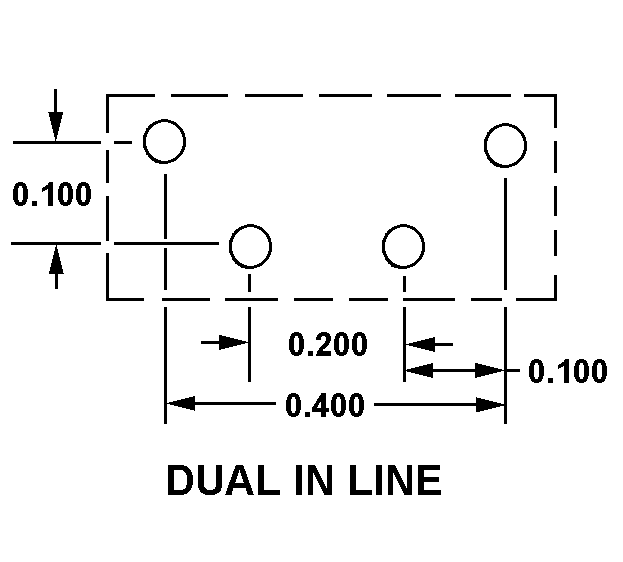
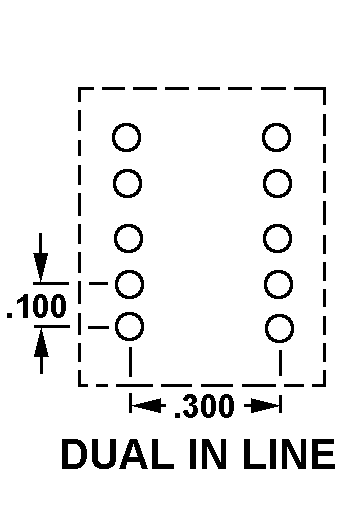
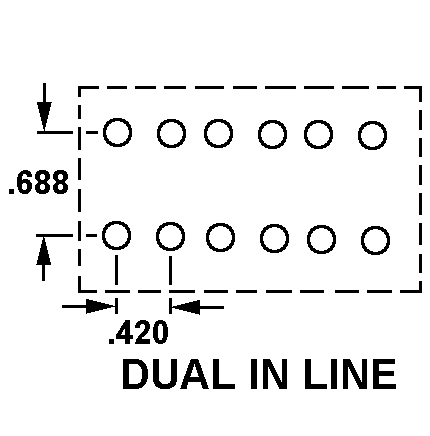
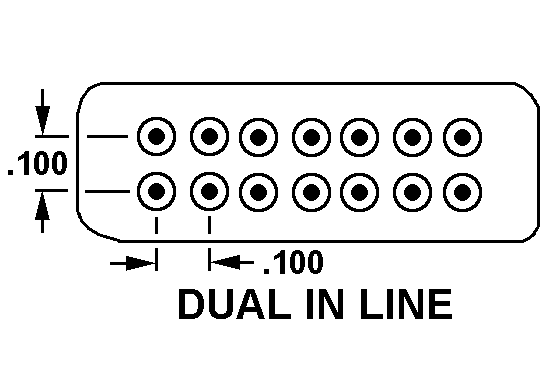
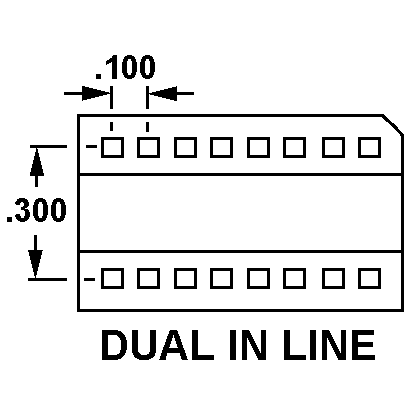
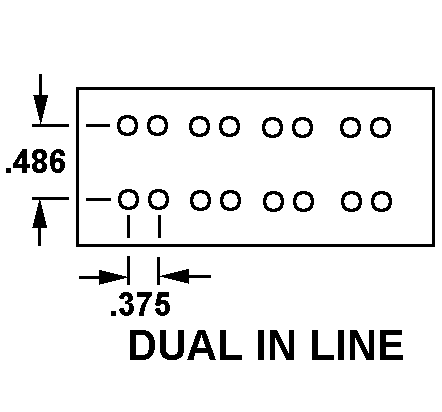
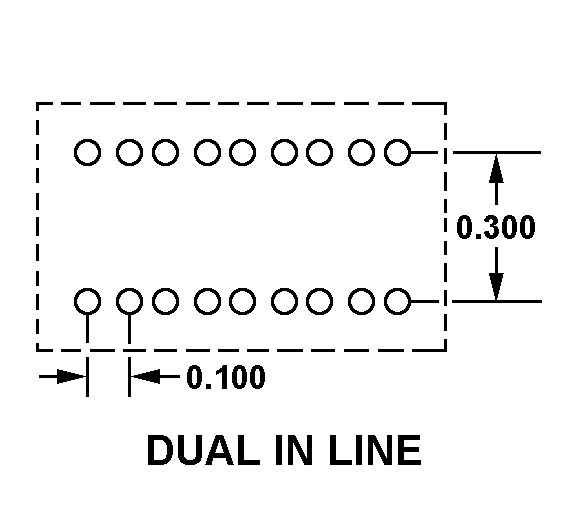
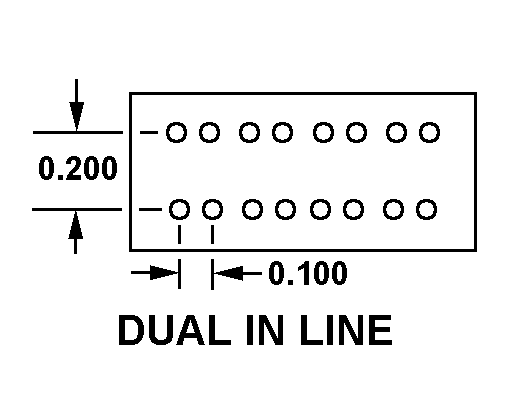
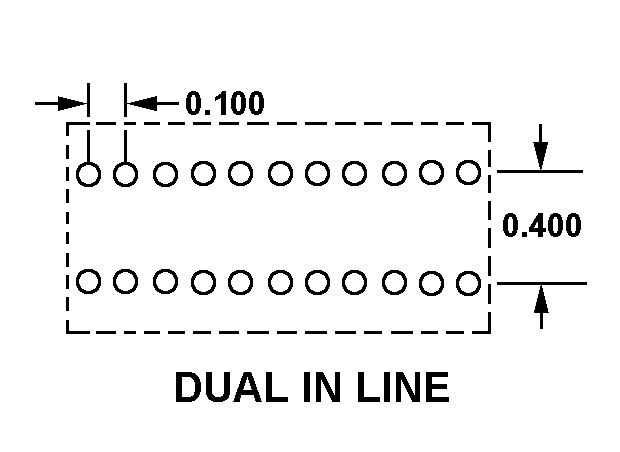
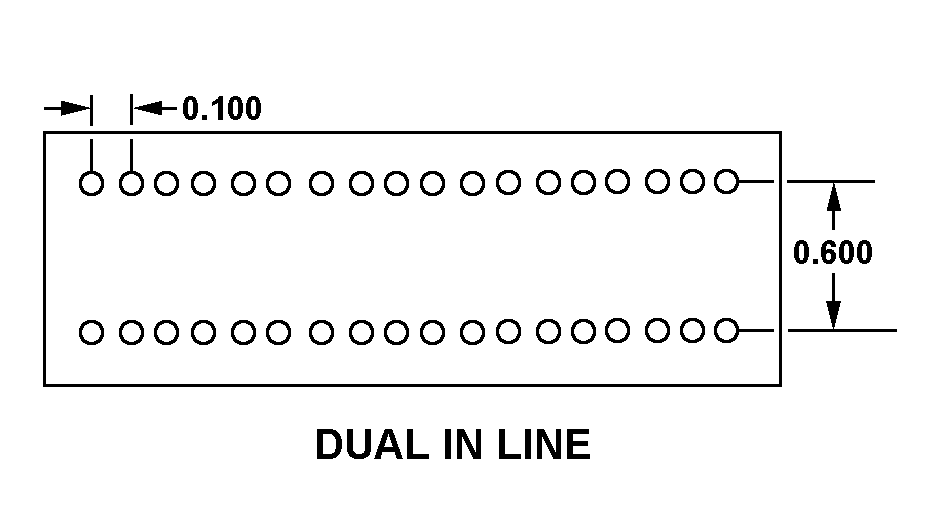

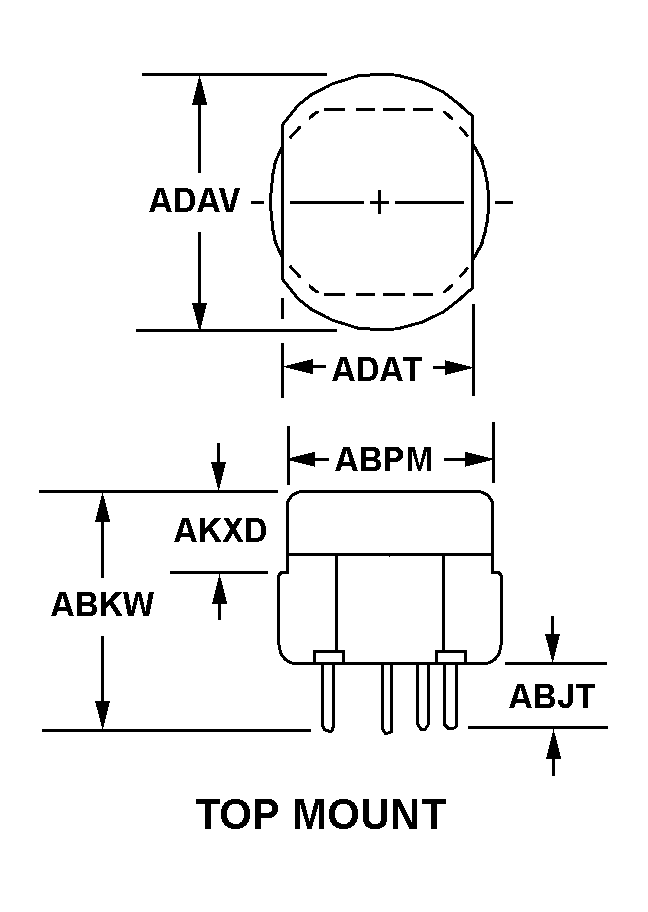
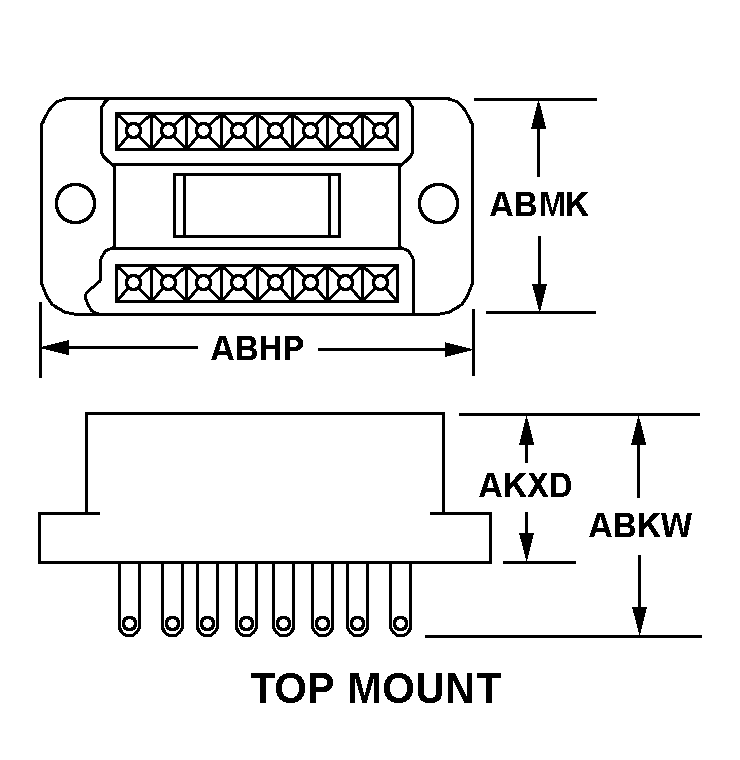
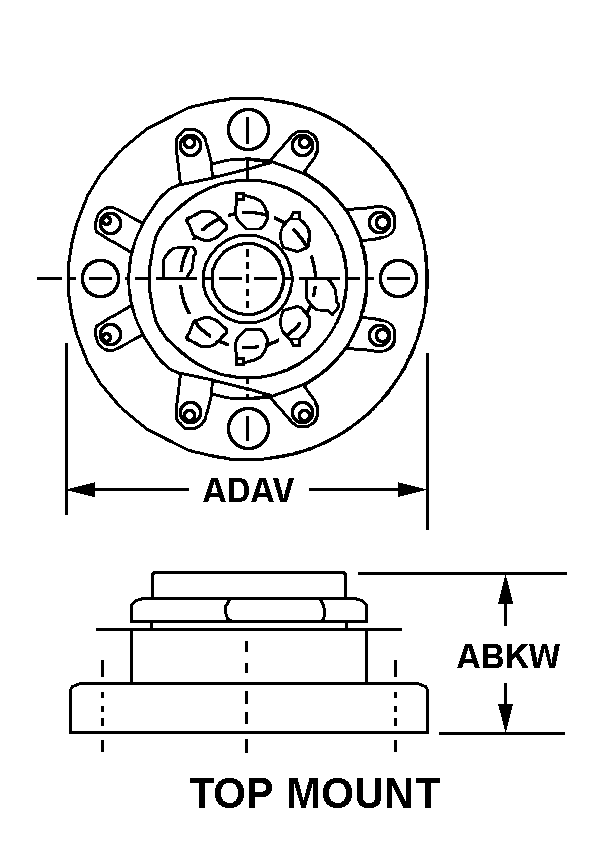
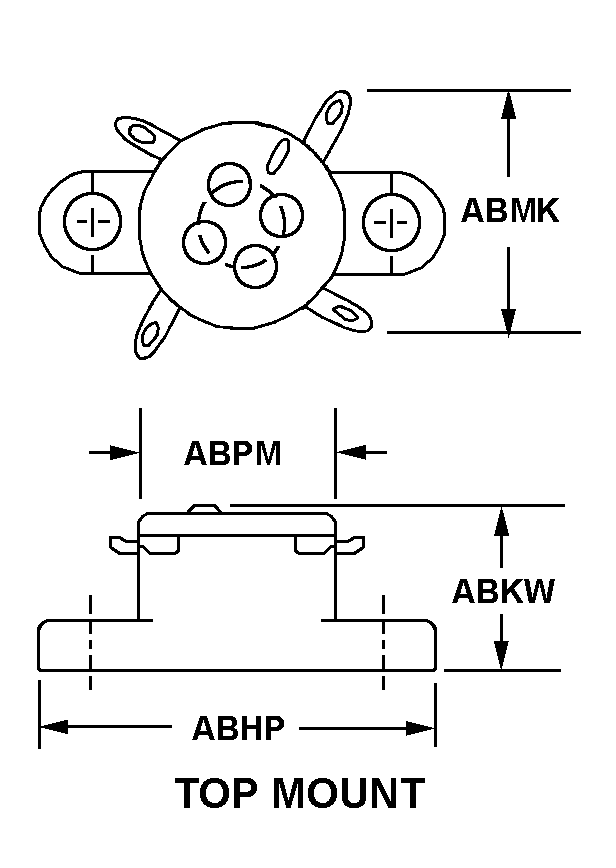
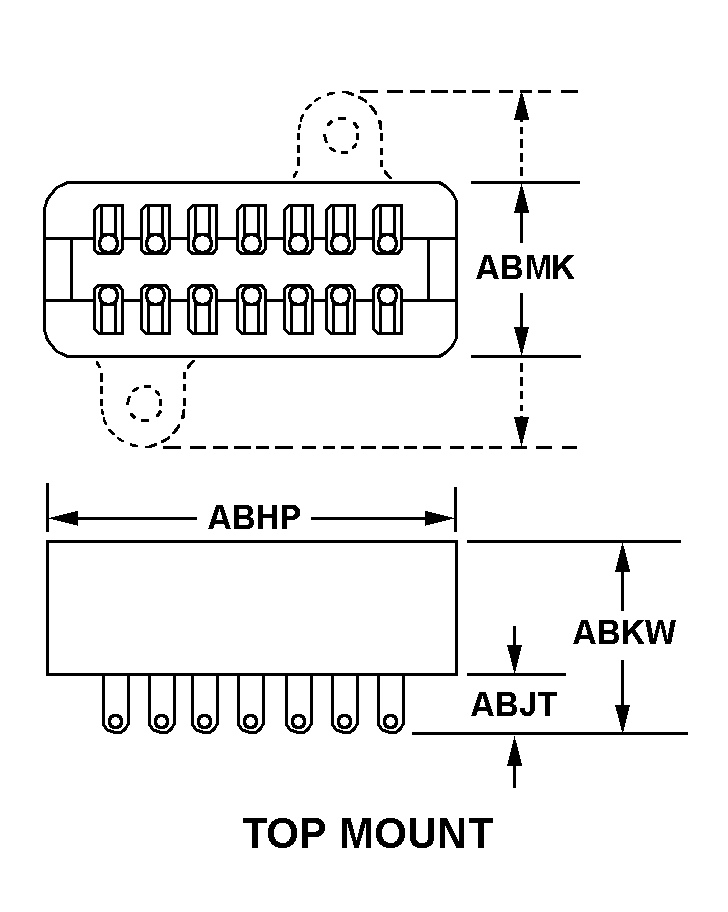
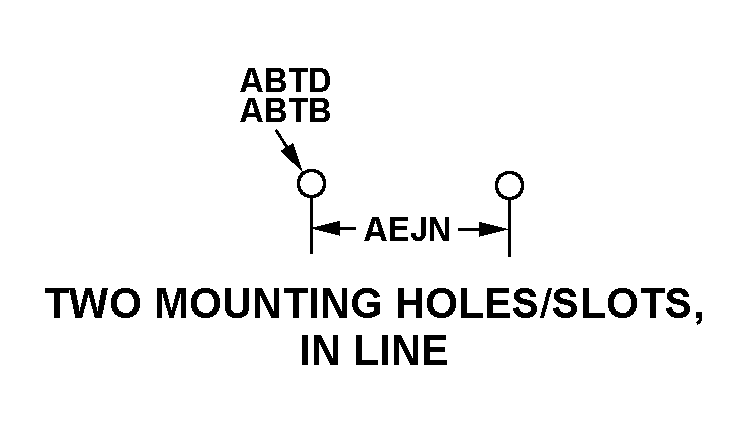
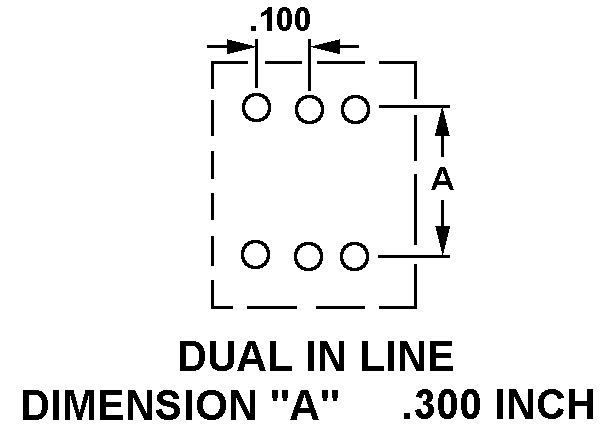
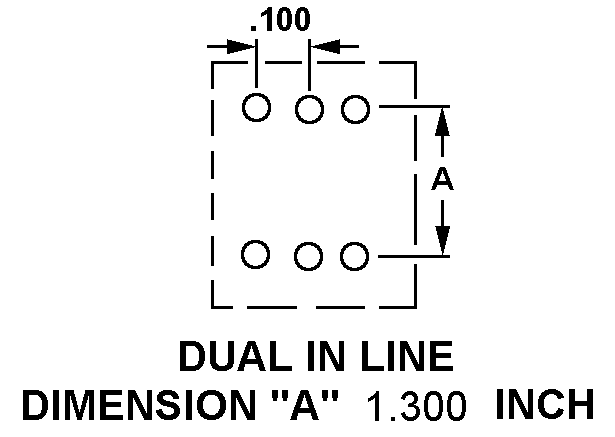
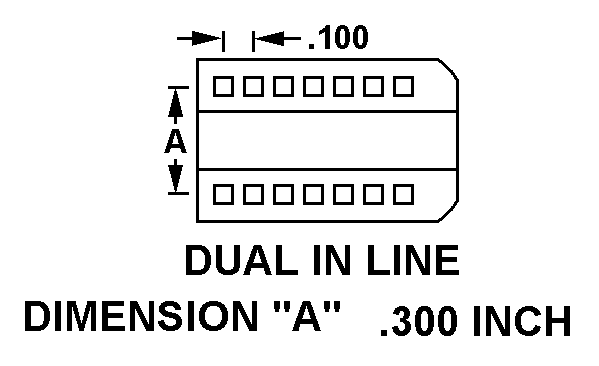
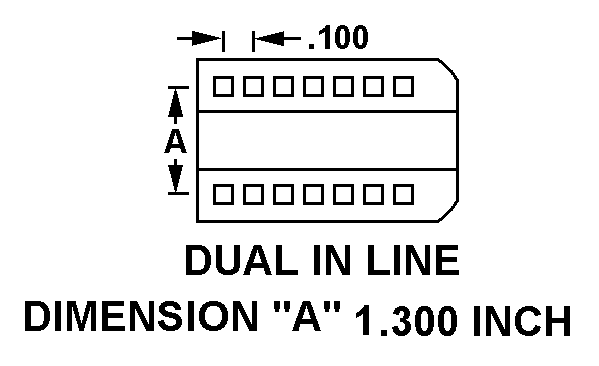
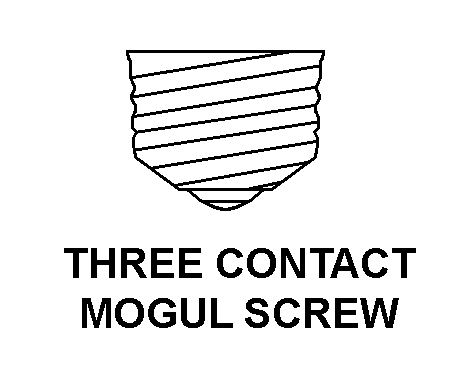
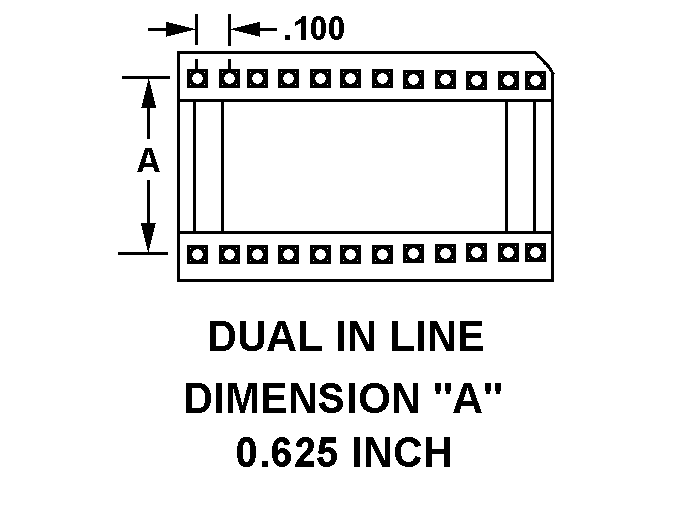
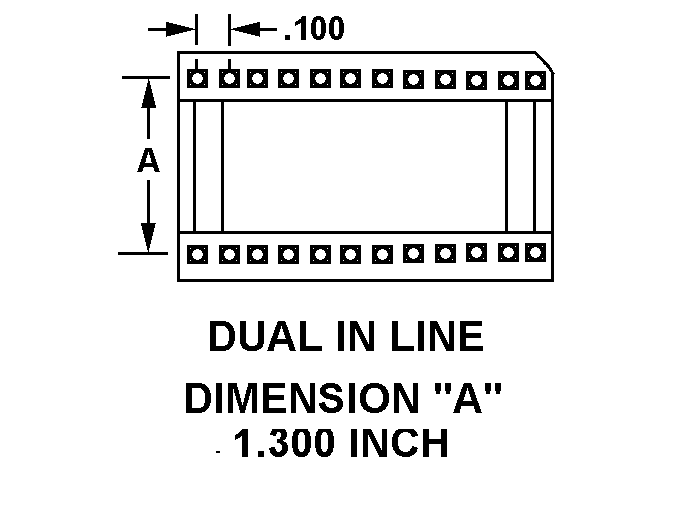
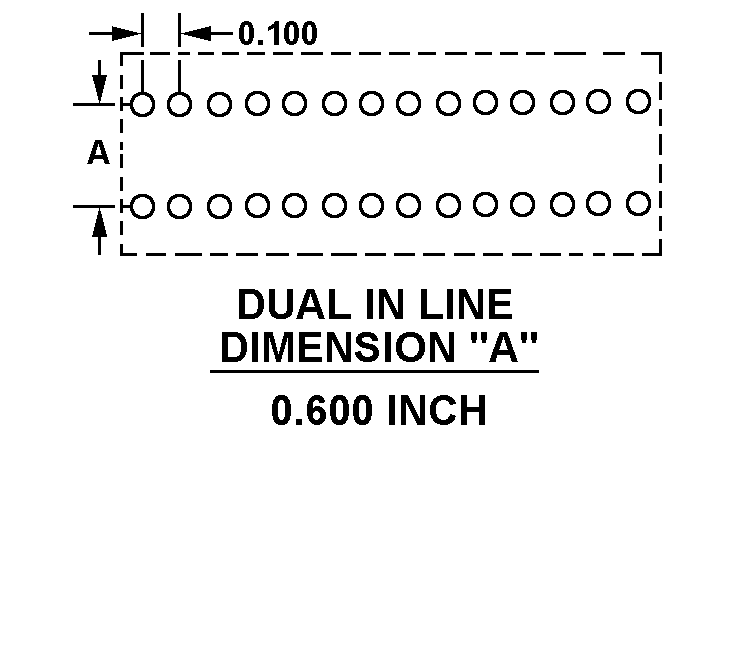
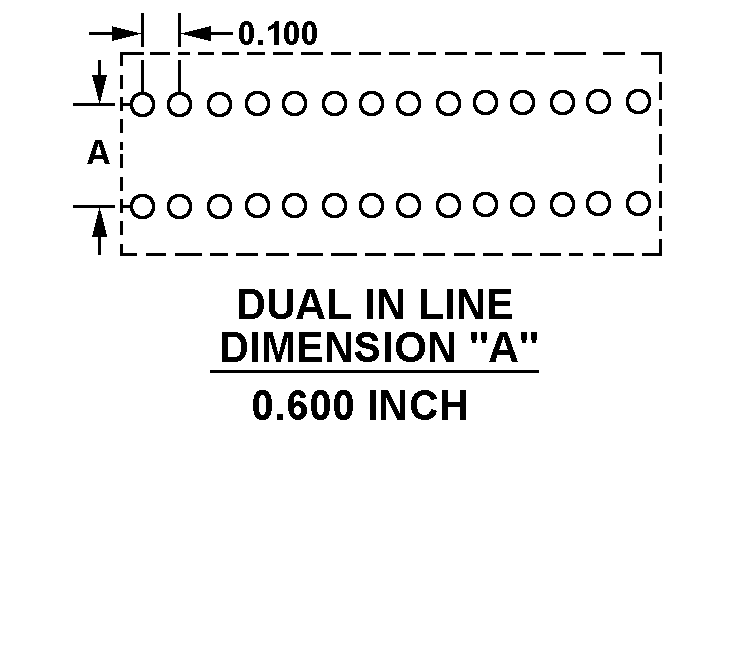
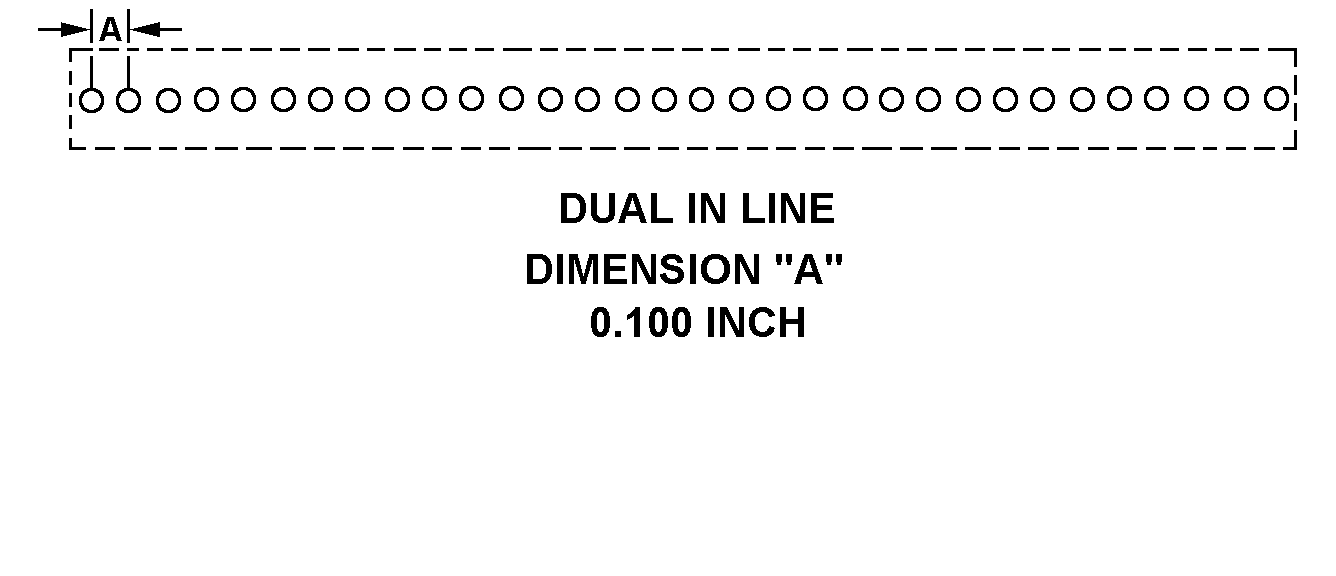
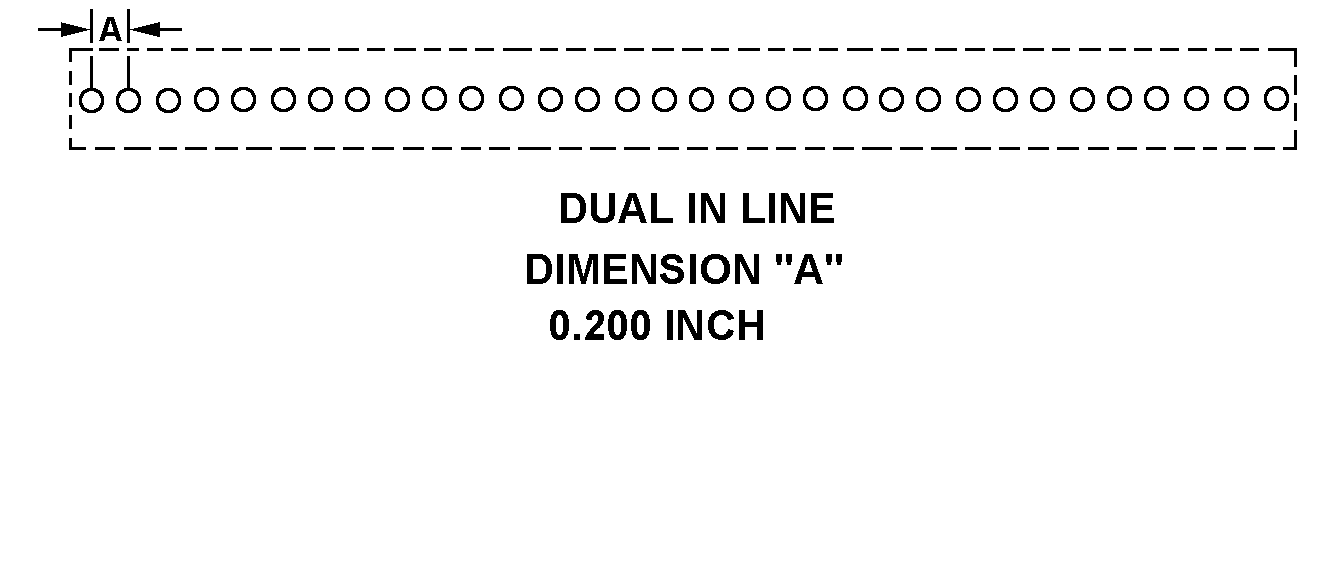
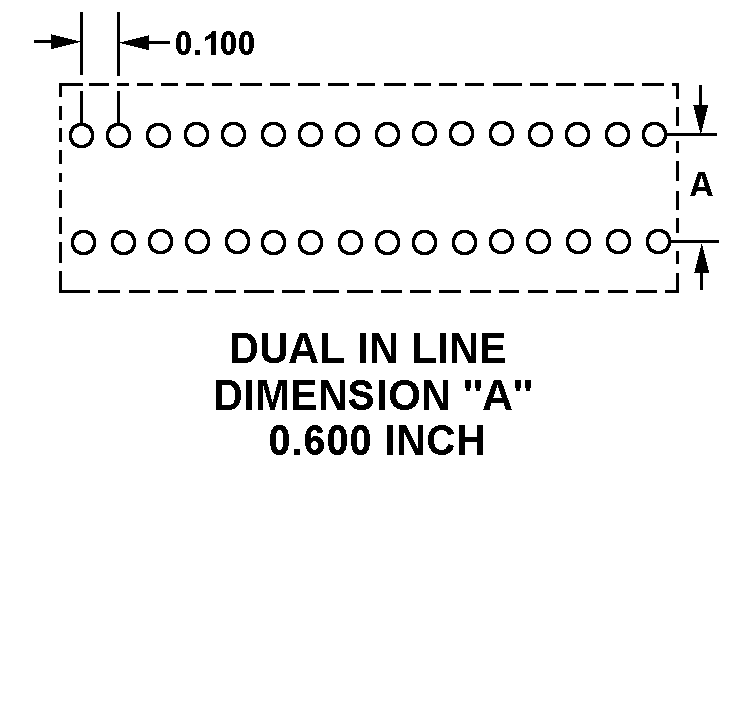
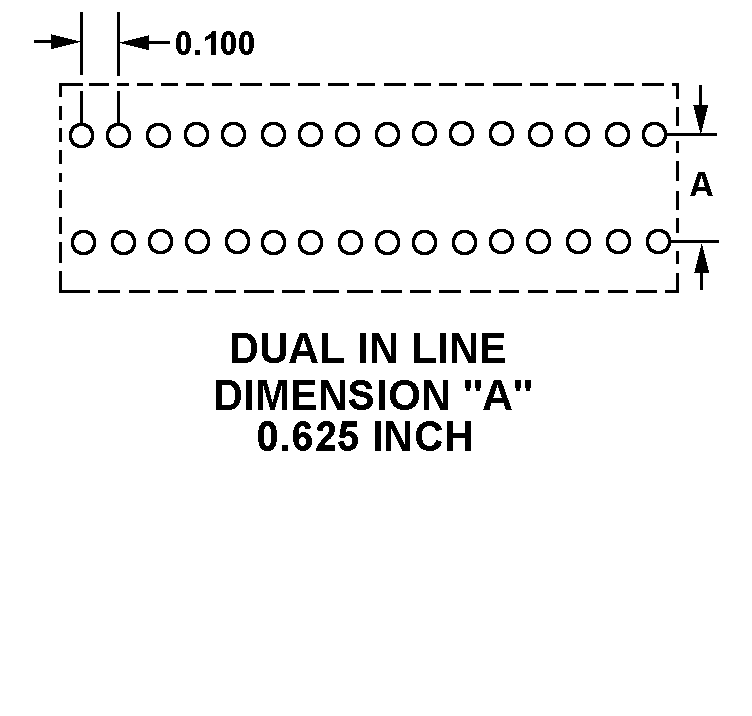
Definition Definition of approved item name (AIN): "SOCKET,PLUG-IN ELECTRONIC COMPON"
An item designed to electrically connect and mechanically position the base of an item having plug-in-type contacts, and to facilitate replacement of the item accommodated. It includes sockets which accommodate the contacts of capacitors, coils, crystals, electron tubes, relays, semiconductor devices and vibrators. Excludes sockets or receptacles designed to accommodate plug-in component circuit boards (printed circuit boards) and electronic modules or sub-assemblies. Also excludes heat-dissipating (not heat-sinks) sockets for mounting "power transistors".
5935-01-385-4964 Material Hazmat, Precious Metals, Criticality, Enviroment, and ESD
Indicates there is no information in the hmirs. The nsn is in a fsc in table ii of fed std 313 and a msds may be required by the user. The requirement for a msds is dependent on a hazard determination of the supplier or the intended end use of item.
Item does not contain precious metal.
No known electrostatic discharge (esd) or electromagnetic interference (emi) sensitivity.
Represents items with no adp components
The item does not have a nuclear hardened feature or any other critical feature such as tolerance, fit restriction or application.
Identification Codes
HMIC: Hazardous Material Indicator Code. A one position code that identifies a hazardous item.
PMIC: Precious Metal Indicator Code. A one position code which identifies items that have precious metals as part of their content. precious metals are those metals generally considered to be uncommon, highly valuable, and relatively superior in certain properties such as resistance to corrosion and electrical conductivity.
ESD: Electrostatic Discharge. Indicates if an item is susceptible to electrostatic discharge or electromagnetic interference damage. electrostatic discharge damage occurs when an accumulation of static electricity generated by the relative motion or separation of materials is released to another item by direct contact. electromagnetic interference damage occurs when an item comes into proximity with an electrostatic or magnetic field.
ENAC: Enviromental Attribute Code. Identifies items with environmentally preferred characteristics.
CRITL: Criticality Indicator Code. Indicates an item is technically critical by tolerance, fit, application, nuclear hardness properties, or other characteristics.






